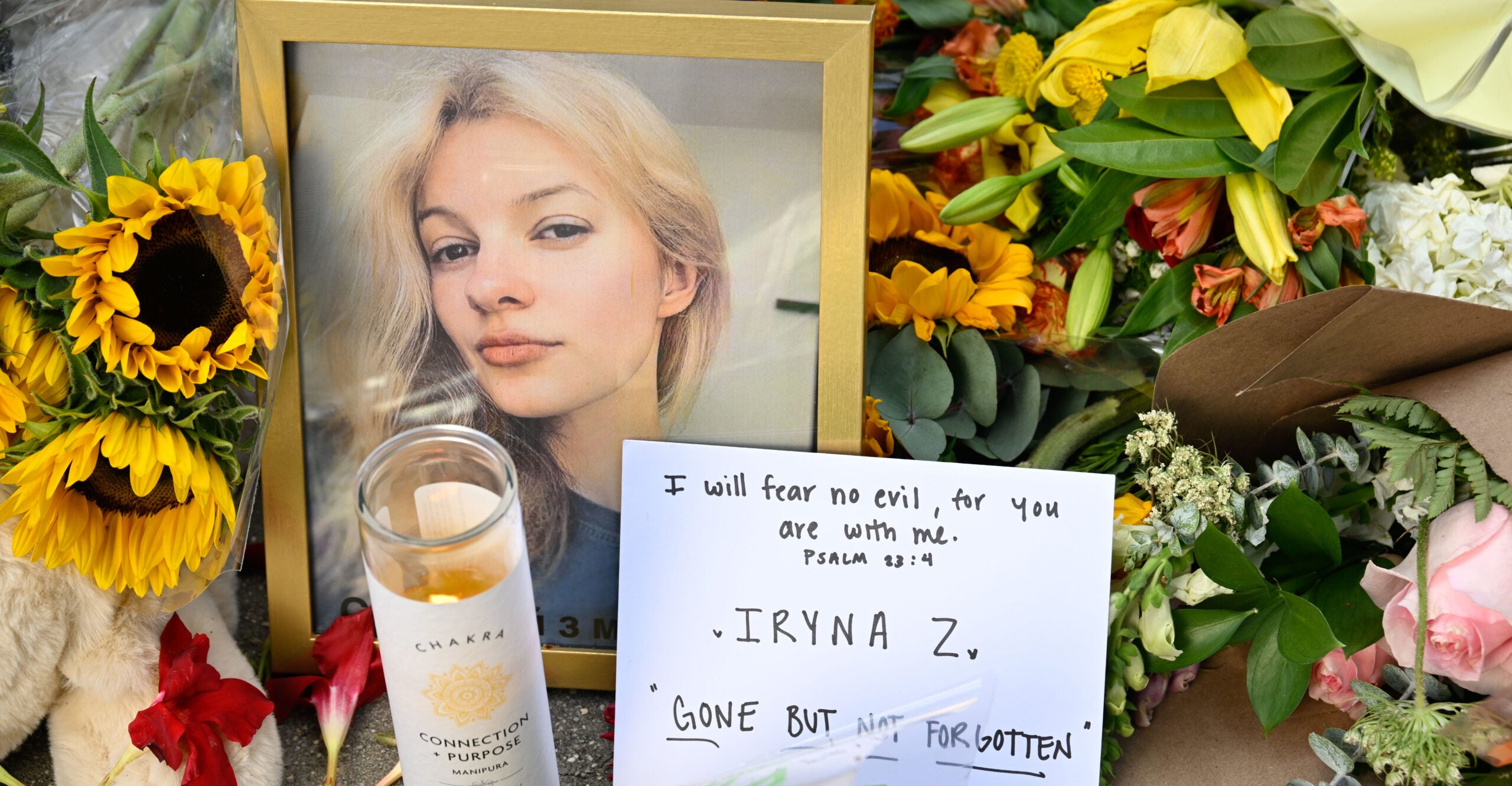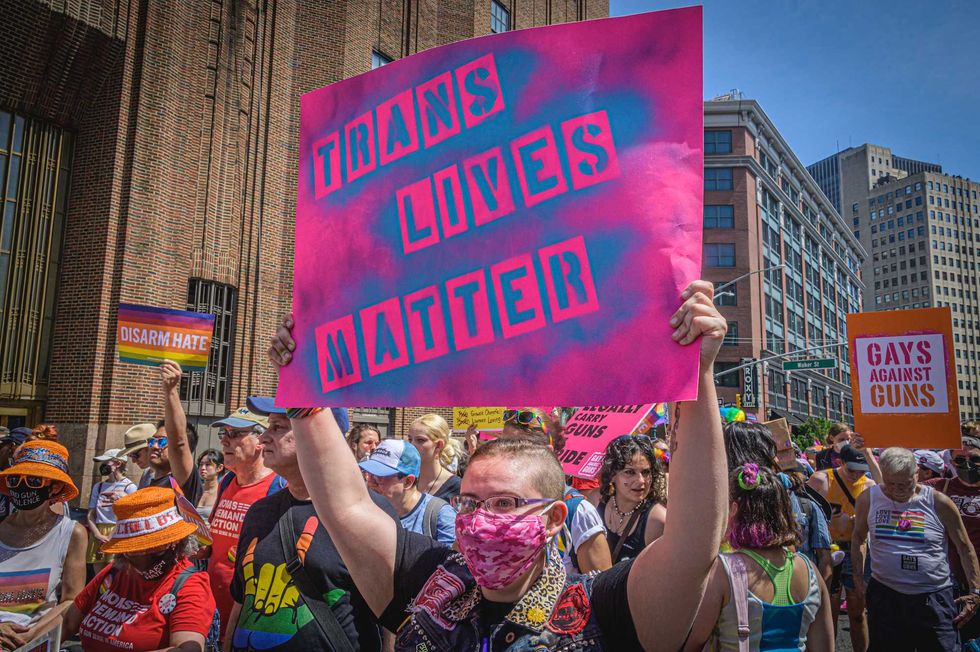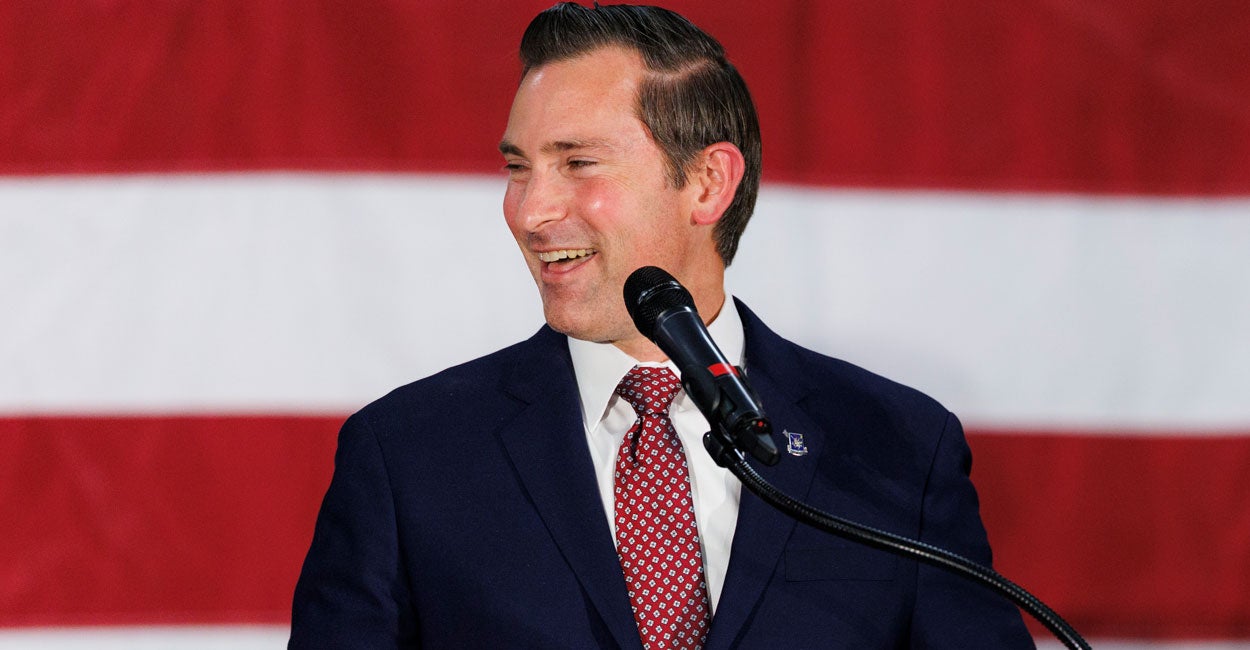Nate Silver: Young men's mental stability helps put them out of Democrats' reach
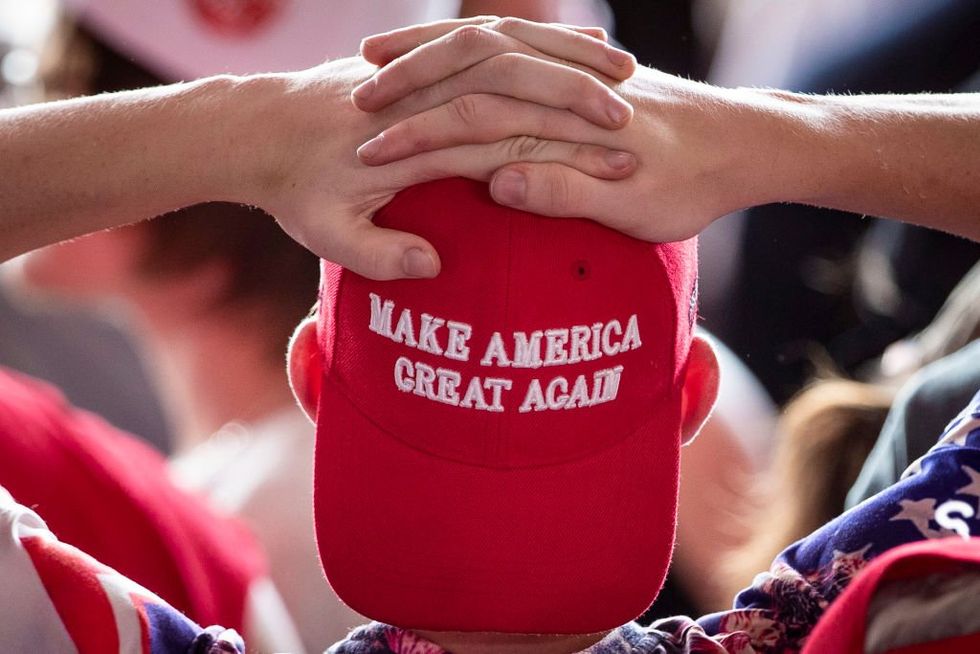
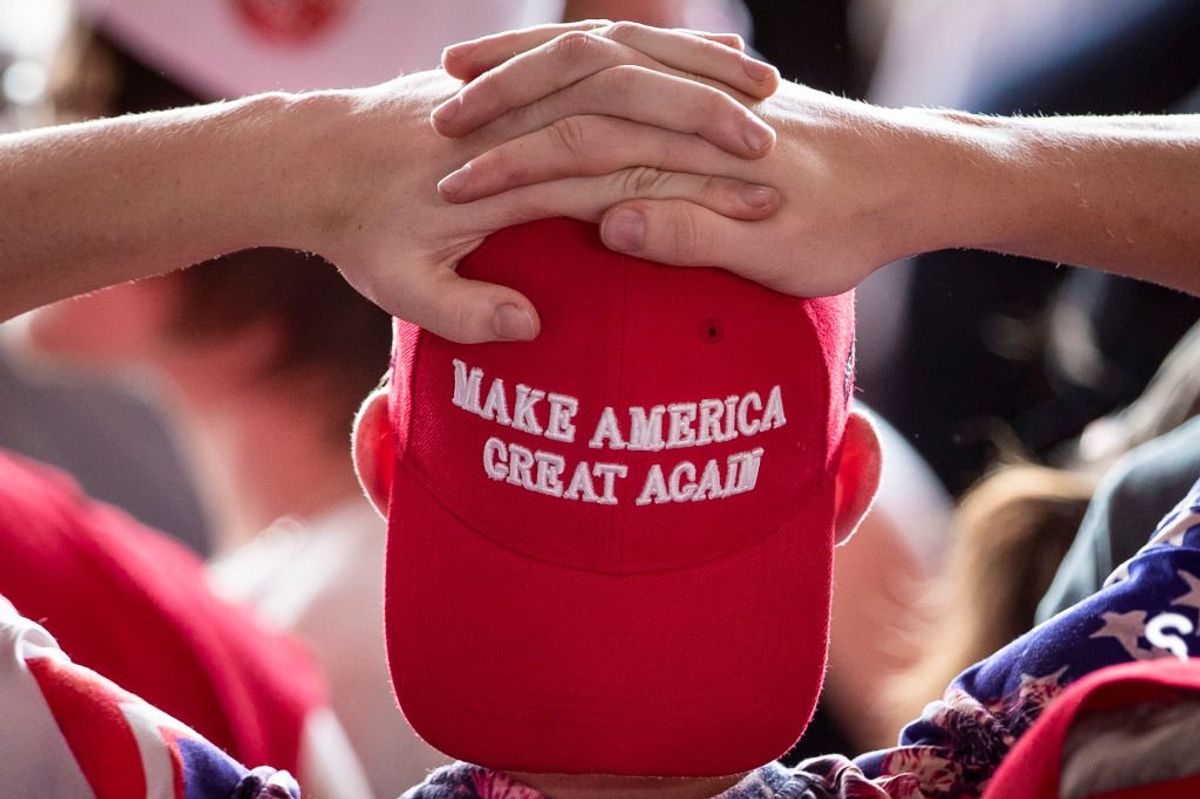
Nate Silver, an American statistician and founder of the now-shuttered political analysis blog FiveThirtyEight, recently dug into why men, young men in particular, don't like Democrats — a trend that has Democratic operatives scrambling both for answers and Joe Rogan-sized remedies.
Silver indicated that a big part of Democrats' problem might be that those young men beyond their reach are not mentally unstable or attracted to a mentally ill style of politics.
Losing men
Democrats — whom Americans largely regard as weak and ineffective — are right to be desperate.
'Young men's attachment to the GOP has grown.'
After all, in the 2024 election, President Donald Trump captured 60% of the white male vote, 54% of the Hispanic male vote, and 21% of the black male vote toward a combined total of 55% of the male vote overall.
Men ages 18-44 majoritively voted Trump. Firming up that figure were the young white men who previously supported former President Joe Biden but jumped ship and swam rightward, voting for Trump by a 28 percentage point margin.
Melissa Deckman, CEO of the Public Religion Research Institute, noted in a report last month that "since 2013, young men's attachment to the GOP has grown, but most of this growth has occurred among young white men, whose affiliation with the GOP went from 26% in 2013 to 36% today."
While young white men largely drove the trend, Deckman noted that "young Hispanic men saw a 6-percentage-point increase in Republican identification since 2021."
Meanwhile, "young women have consistently been less likely to identify as Republican and more likely to identify as Democratic than their male counterparts across racial groups," wrote Deckman. "In 2024, around one in four young white women aligned with the Democratic party (26%), compared with 18% of young white men."
RELATED: Democrats can't mock masculinity and expect men to vote for them
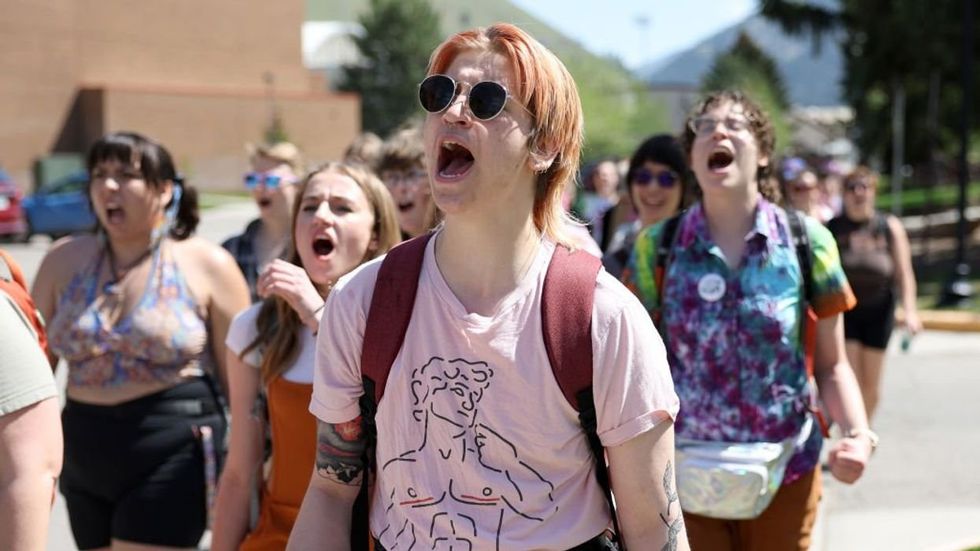 Photo by Justin Sullivan/Getty Images
Photo by Justin Sullivan/Getty Images
As with young women's leftward drift, young men's rightward orientation does not appear to be a flash in the pan, hence the recent efforts by Democrats — who failed to heed James Carville's pre-election warnings about the fallout of "faculty lounge" attitudes and the party's dominance by "too many preachy females" — to diagnose and correct for their problem.
Mental strength is Democratic kryptonite
Citing data from the 2022 Cooperative Election Study, a 50,000-plus person national survey administered by YouGov, Silver noted that higher self-reported mental health correlates with conservative political views.
"I think an underrated factor in the 'how can Democrats win back young men' debate is the effects of personality, which differ especially among younger voters [and] are quite strongly correlated with voting preferences," tweeted Silver.
Whereas only 20% of liberals reported having "excellent" mental health, 51% of conservatives said the same. On the bottom end, 45% of liberals said their mental health was poor, while only 19% of conservatives reported the same.
'Conservative ideology may work as a psychological buffer.'
"So the young men that Democrats have trouble with aren't necessarily the ones who have been captured by the conservative 'manosphere' or who are looking for a helping hand," wrote Silver. "Rather, it's those who report relatively high mental health and see Democrats as being too neurotic and perhaps constraining their opportunity to compete and reap the rewards of their work."
Silver suggested that compounding Democrats' problem is that they are seen as "nits," which he defined as "neurotic, risk-averse, sticklers for the rules, always up in everyone's business."
RELATED: The Democratic Party is not dying — it’s evolving
 Photo by Craig Hudson for the Washington Post via Getty Images
Photo by Craig Hudson for the Washington Post via Getty Images
The link between ideological persuasion and mental or emotional well-being is well-documented.
For instance, a 2023 Columbia University study published in the journal Social Science & Medicine – Mental Health found that conservatives are generally happier than their leftist counterparts by a significant measure.
Epidemiologist Catherine Gimbrone and her co-authors found that "conservatives reported lower average depressive affect, self-derogation, and loneliness scores and higher self-esteem scores than all other groups."
"Beginning in approximately 2010 and continuing through 2018, female liberal adolescents reported the largest changes in depressive affect, self-esteem, self-derogation, and loneliness. Male conservative adolescents reported the smallest corresponding changes," said the study.
When attempting to account for the disparity, the researchers suggested that "conservative ideology may work as a psychological buffer by harmonizing an idealized worldview with the bleak external realities experienced by many."
Like Blaze News? Bypass the censors, sign up for our newsletters, and get stories like this direct to your inbox. Sign up here!
Originally Published at Daily Wire, Daily Signal, or The Blaze
What's Your Reaction?
 Like
0
Like
0
 Dislike
0
Dislike
0
 Love
0
Love
0
 Funny
0
Funny
0
 Angry
0
Angry
0
 Sad
0
Sad
0
 Wow
0
Wow
0























































